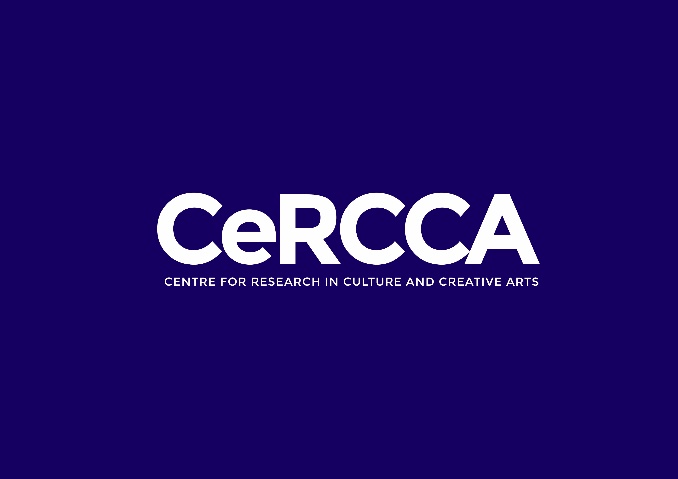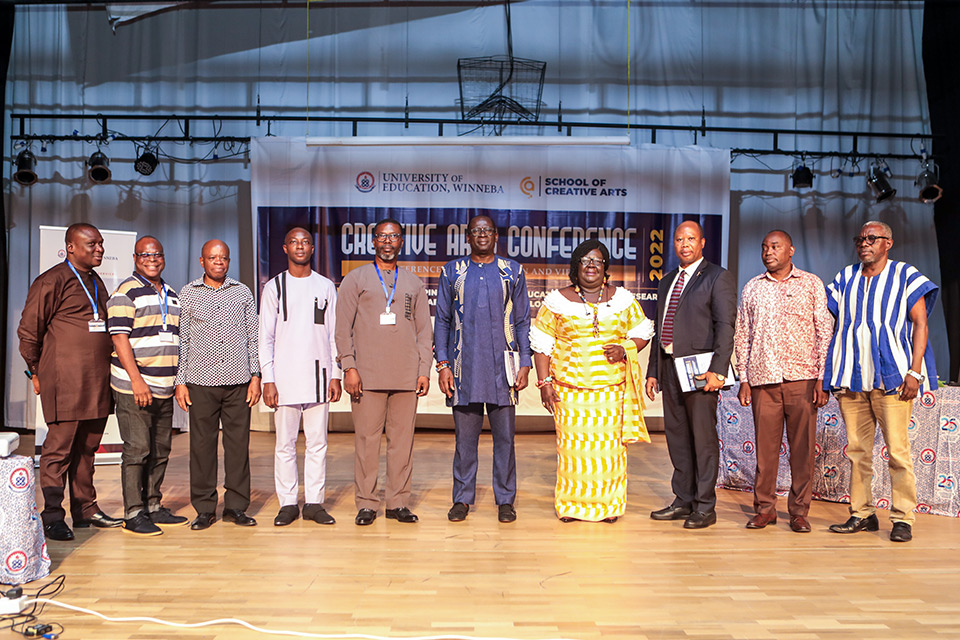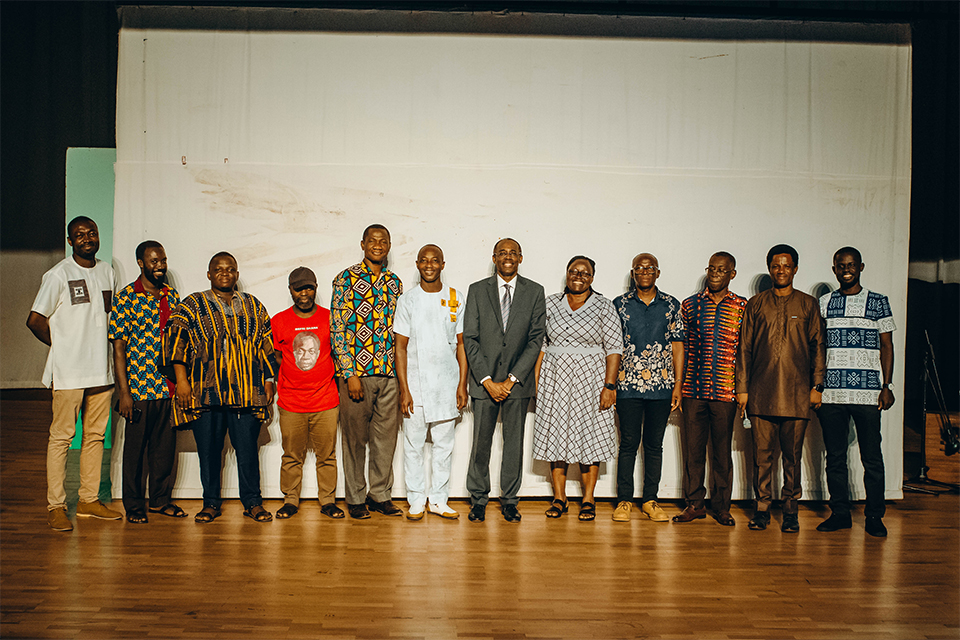CeRCCA Hosts Revolutionary Global Conference on Reimagining Creative Arts and Culture
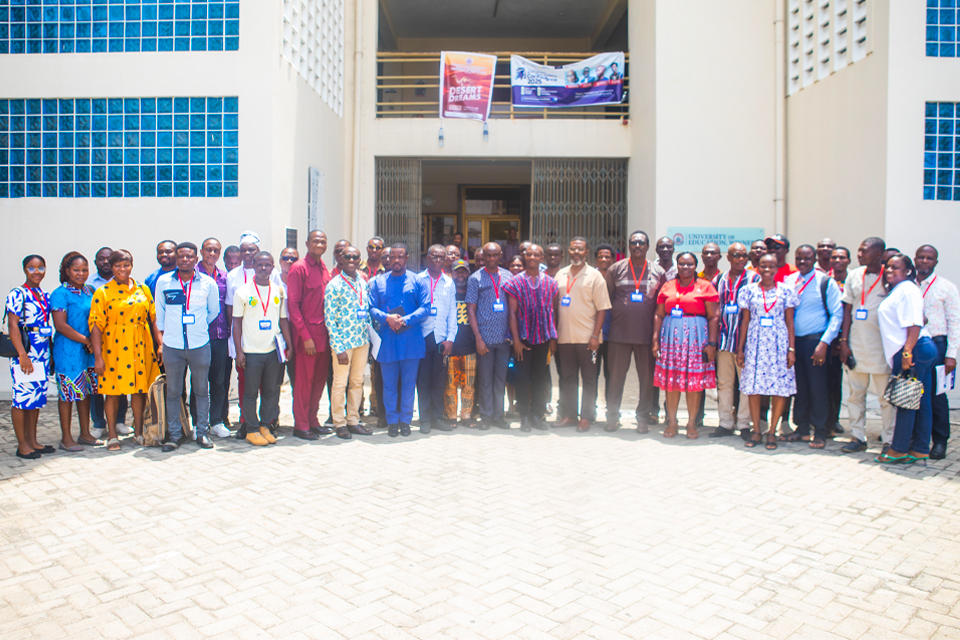
The Centre for Research in Culture and Creative Arts (CeRRCA) at the University of Education, Winneba (UEW) in collaboration with the School of Creative Arts (SCA) has organised an international conference themed “Reimagining Creative Arts and Culture in a Changing World.”
The three-day conference, held at the SCA Theatre and Zoom platform from Monday, 17th to Wednesday, 19th March, 2025, brought together scholars, practitioners, and creatives from across the globe to engage in thought-provoking discussions and innovative explorations of the evolving role of the arts.
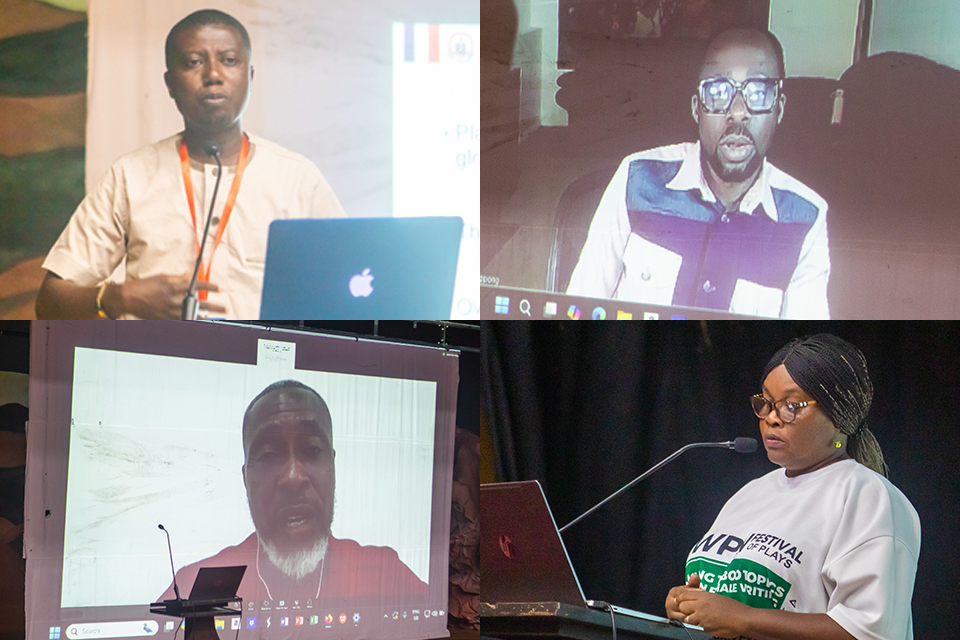
The conference featured paper presentations, panel discussions, hands-on workshops, and performances, making it a dynamic platform for cross-disciplinary collaboration. Participants contributed to the discourse on how creative arts can foster a sense of belonging in divided societies, create new expressive languages for emerging realities, and balance innovation with heritage preservation.

Delivering his welcome address, Prof. Emmanuel Obed Acquah, Dean of SCA, underscored the significance of the conference as a testament to UEW’s commitment to advancing knowledge, fostering collaboration, and inspiring discoveries. He emphasised the importance of research and dialogue in navigating the complexities of the modern creative arts landscape.
“In an ever-evolving global environment, the intersection of research, creativity, and dialogue remains crucial for shaping the future. This conference serves as a platform for meaningful exchanges, new partnerships, and transformative insights,” he stated. Prof. Acquah extended gratitude to the organising committee, sponsors, and participants for their dedication in making the event possible.

Prof. Osuanyi Quaicoo Essel, Director of CeRRCA, highlighted the pivotal role of creative arts in addressing contemporary challenges. He described the conference as a revolutionary gathering of intellectuals and creatives dedicated to redefining the function of arts and culture in an era of rapid technological, social, and ecological transformation.
“The arts serve as both a mirror reflecting the complexities of humanity and a compass guiding us towards empathy, ingenuity, and resilience. This conference urges us to scrutinise traditions, deconstruct barriers, and conceive bold possibilities,” he remarked. Prof. Essel encouraged participants to engage in interdisciplinary discussions on issues such as the intersection of artificial intelligence with traditional craftsmanship, the ethics of cultural preservation, and the role of digital platforms in democratising artistic creation.
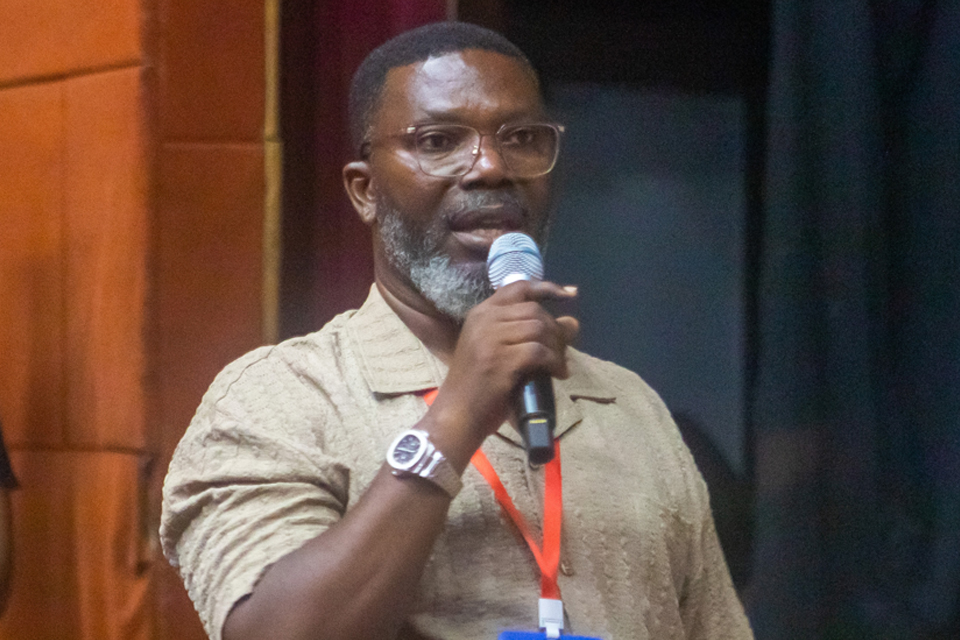
Delivering the keynote address, Prof. Patrique deGraft-Yankson underscored the rapid transformation in artistic production and cultural engagement, driven primarily by digital technology and artificial intelligence (AI). He noted that AI-powered tools such as Midjourney, DALL·E, and ChatGPT had revolutionised creative processes, making artistic expression more accessible yet posing challenges to authenticity and ownership. He stressed the importance of integrating AI and immersive technologies like virtual reality (VR) and augmented reality (AR) while preserving human creativity and cultural heritage.
Prof. deGraft-Yankson also addressed the profound impact of globalisation and cultural hybridity on artistic identity. While cross-cultural influences have fostered artistic innovation, he cautioned against the erosion of indigenous art forms. He called for the protection of Ghanaian and African artistic traditions, urging institutions to document and digitise cultural knowledge to prevent loss through global homogenisation and cultural appropriation.
Another key area of focus was the growing role of creative arts in social transformation. He highlighted how artists worldwide are using their platforms to advocate for social justice, environmental sustainability, and political reform. He praised the increasing use of recycled materials and eco-friendly practices in artistic production, positioning creative arts as a force for sustainable development.
Reimagining the role of education in the arts, Prof. deGraft-Yankson called for a decolonisation of art curricula. He advocated for the integration of indigenous artistic theories and histories into academic discourse, challenging the dominance of Eurocentric perspectives. He urged UEW and other institutions to champion the study and promotion of Ghanaian art forms, ensuring their visibility and relevance in global conversations.
The University of Education, Winneba, remains committed to providing a space for rigorous academic inquiry and creative expression, reaffirming its status as a hub for pioneering research and cultural innovation. The outcomes of this conference are poised to leave a lasting impact on the future of creative arts and culture globally.

